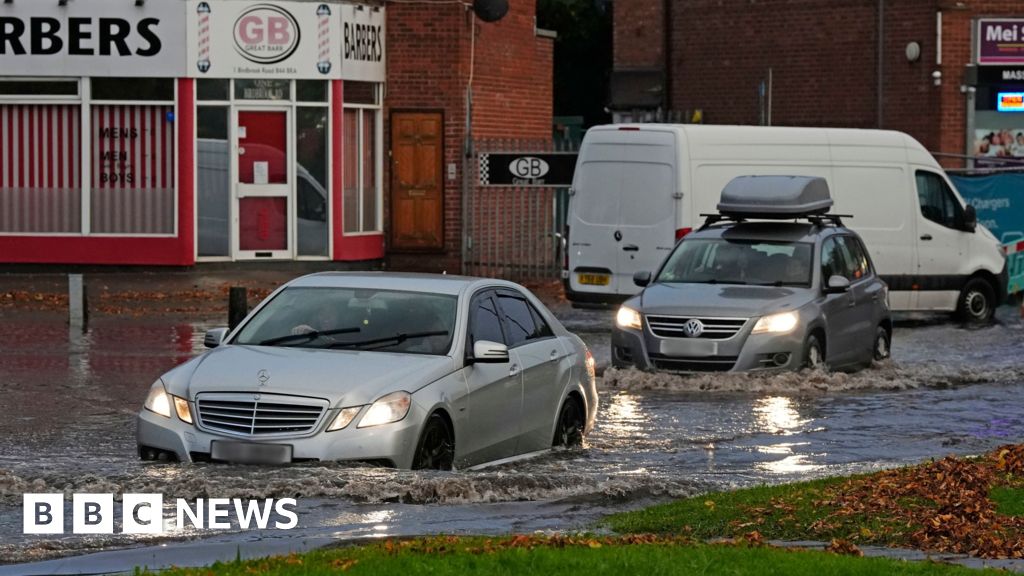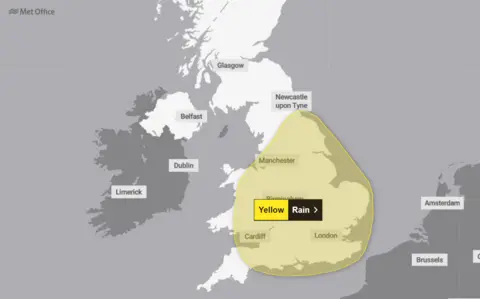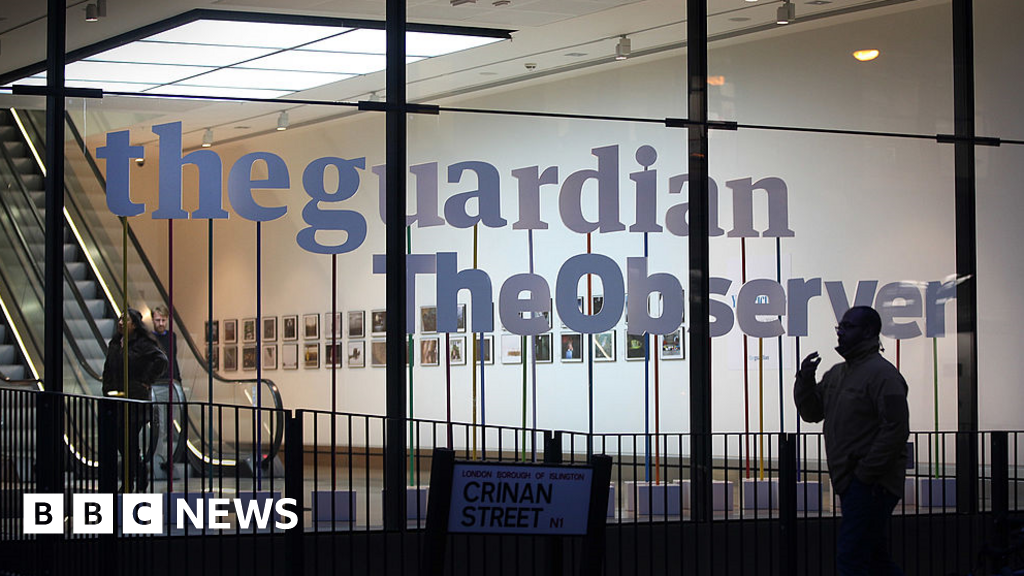Remember the good old days? When office corridors buzzed with the sound of ideas bouncing between senior executives and junior recruits? And the kitchens! New products conceived in the time it took for the kettle to boil. Not to mention all that learning. In the past, a new starter only had to sit within five yards of an experienced colleague to absorb the entire contents of their brain.
Such pre-pandemic nostalgia infused the vision laid out this week by Andy Jassy, chief executive of retailer Amazon, who ordered a full-time return to the office. In a memo, he said the move would make it easier for staff to “learn, model, practice”. It would also “strengthen our culture” while making things like brainstorming “simpler and more effective”.
I don’t want to rain on anyone’s rose-hued parade. But in ancient times — five years ago — employees would also bitch about silos, poor training and productivity. Remember offices on Fridays? No, me neither. What about off-site meetings because headquarters was too stultifying to produce new ideas? Sadly, yes.
Of course, coming together in the workplace can spur connections, innovation and learning. My best gossip is usually from serendipitous chats. For some, the commute provides the spring in their step. But let’s not get carried away. The office is not the solution to every single workplace problem.
However, some seem to think it is — even if that view is not backed up by evidence. In her new book, Over Work, Brigid Schulte describes a leadership “echo chamber”. One expert tells her their team “was actually more productive” when working flexibly “not just in terms of hours worked, but literally in output”. They can readily demonstrate this to the CEO, but “can’t get them to listen because instead they’re listening to their fellow CEOs”. Other bosses flex RTO mandates to signal muscular leadership: take Elon Musk, who once described “laptop classes” as “living in la-la-land”.
Who knew something as boring as an office could become the centre of a culture war? But here we are. When UK business minister Jonathan Reynolds said flexible working could enhance productivity and opportunities this week, Kemi Badenoch, candidate to be leader of the opposition Conservative party, condemned his sentiment.
Back and forth we go, distorting statistics, trading insults — shirkers on the one side, dinosaurs on the other. Will it never end?
David D’Souza, director of profession at CIPD, the human resources body, says it is a distraction “from critical conversations about productivity, flexibility, job security, fairness and balance. Organisations should be weighing up the complex factors behind this decision-making on evidence, as opposed to just feelings or what they see [others] doing.” Some human resources chiefs tell him of “pressure from the CEO” to see more physical presence on site “due to personal preference or nostalgia”.
Yet despite the noise, the reality is leaders are generally pragmatic. Most white-collar employers offer some flexibility over location because it benefits staff and bosses. In the US, 67 per cent did, according to the Flex Index report. In the UK, the CIPD puts it at 83 per cent. A recent study in the Nature journal found that “a hybrid schedule with two days a week working from home does not damage performance” and improved staff satisfaction and retention.
Nick Bloom, one of the authors, told me he is sceptical of Jassy’s performance rationale because it goes against “data from many other studies in other companies showing that once you have three days a week in the office that generates about the same productivity as five”. While two extra days boost facetime, mentoring and culture-building, staff do not have quiet time at home for deep work. Counter to the slacker argument, “we know WFH workers tend to skip lunch and work pretty hard during the day”, he said.
Which raises another explanation for Jassy’s RTO mandate. In his memo, he outlined a future vision of Amazon with “fewer managers [to] remove layers and flatten organisations”. Bloom muses that presenteeism might be the best strategy to make this happen. “Requiring five days in the office will lead to a surge in quits.”
It will be interesting to see how this plays out, but one thing is for certain: Amazon needs home workers. Otherwise, who will be there for the package deliveries?






































































































































You must be logged in to post a comment Login